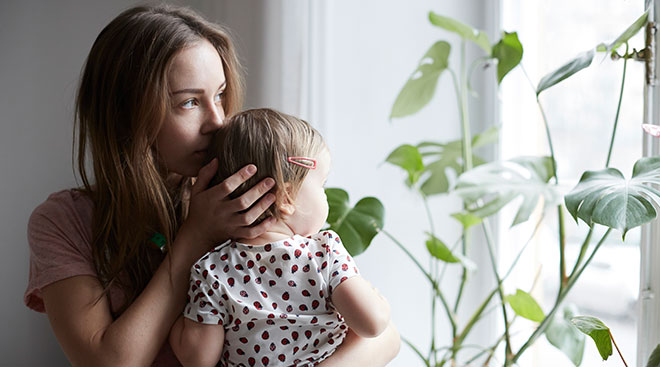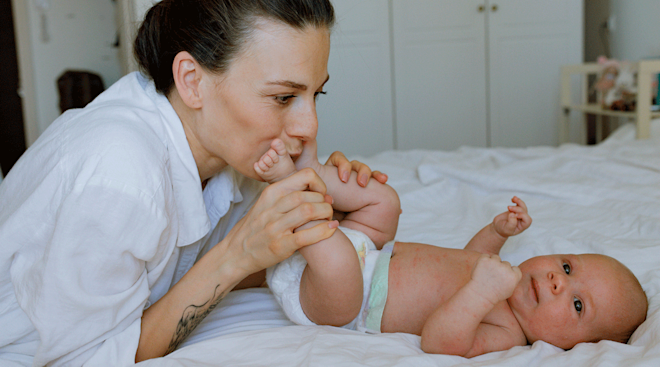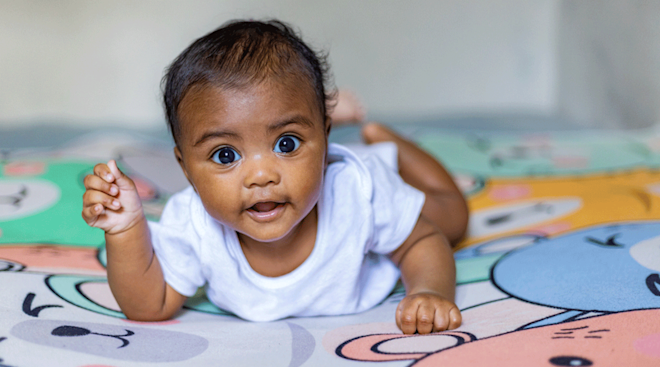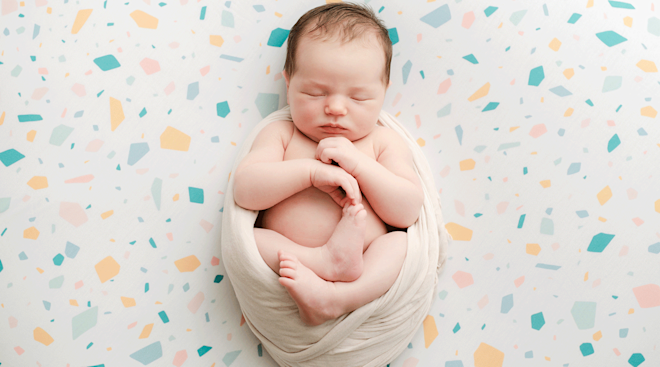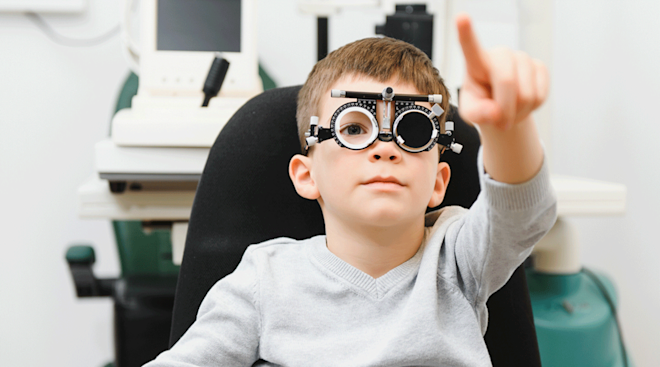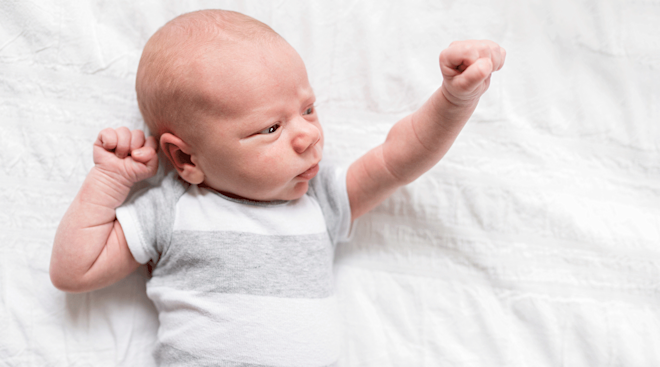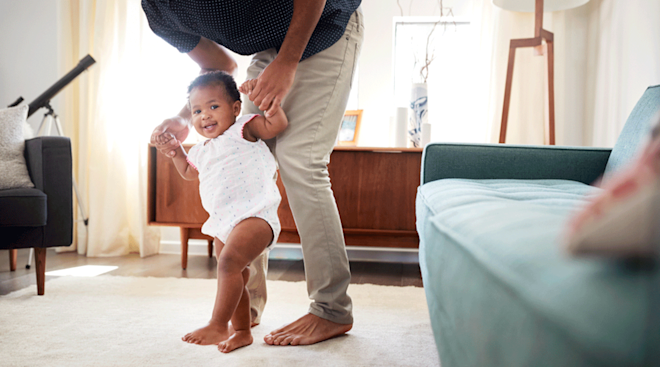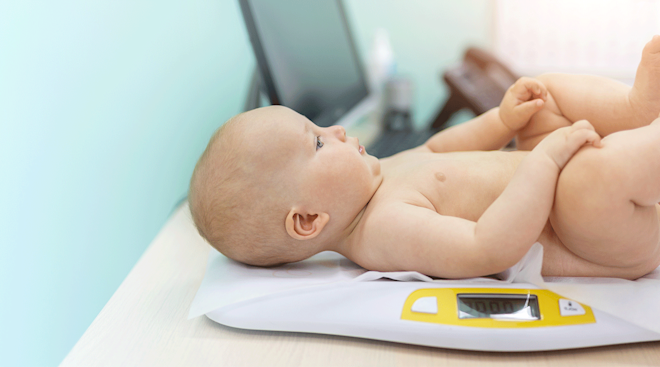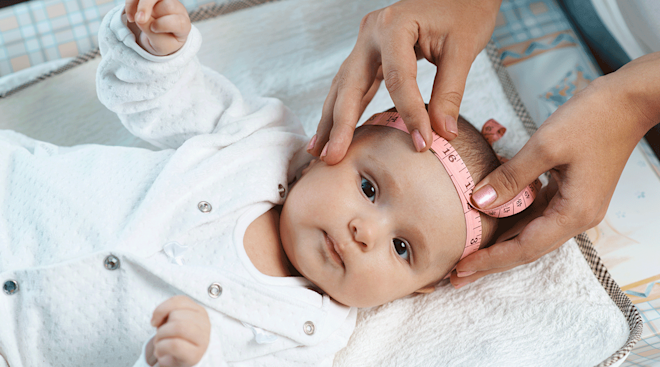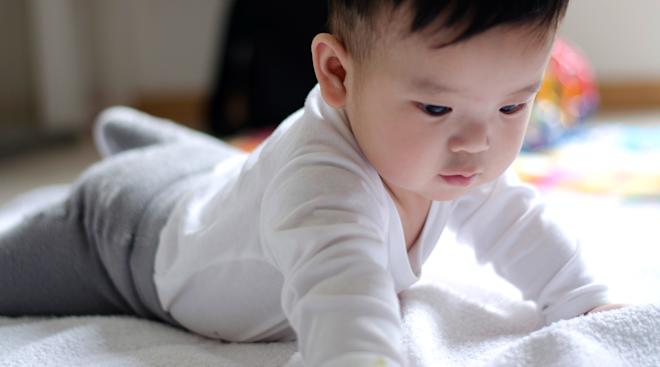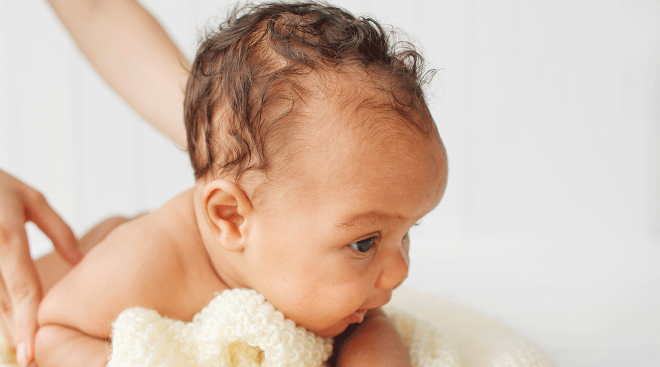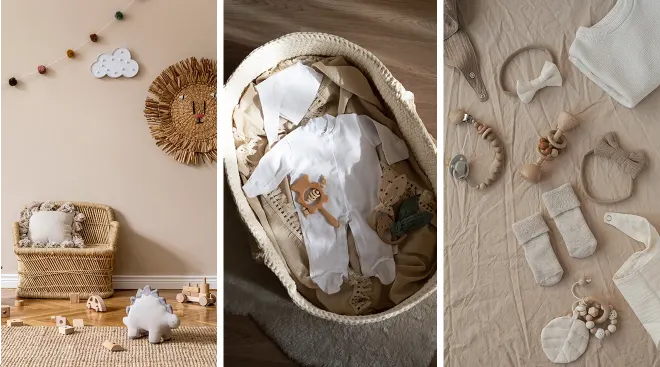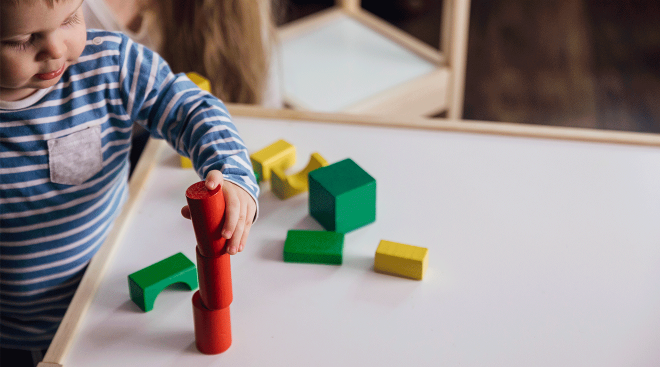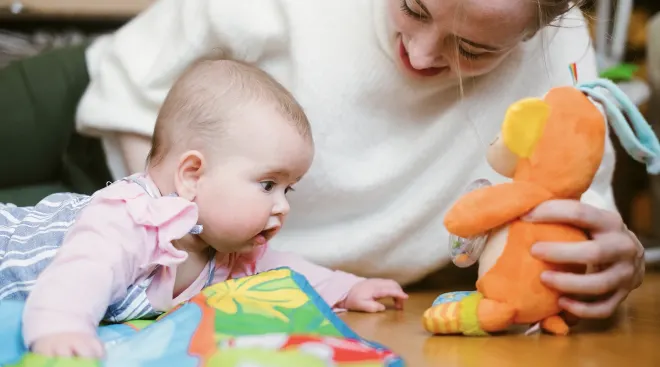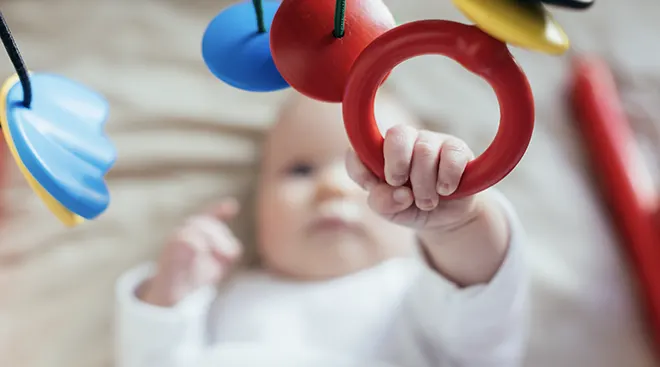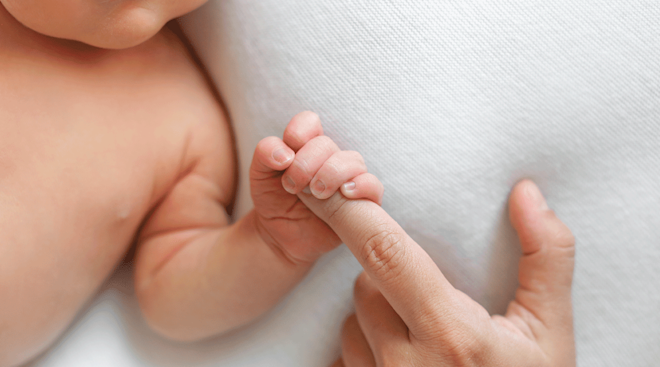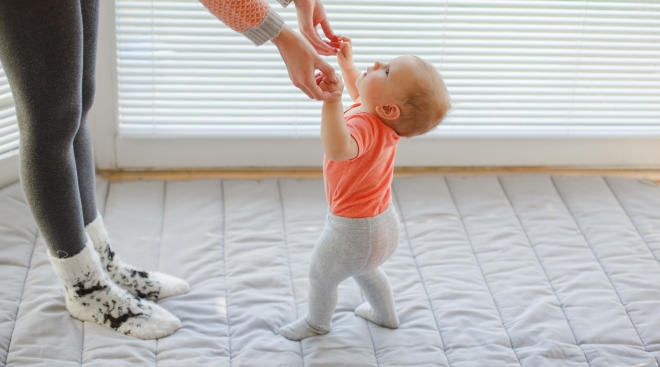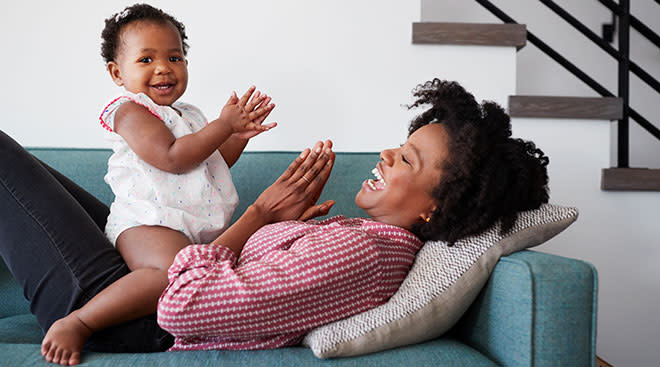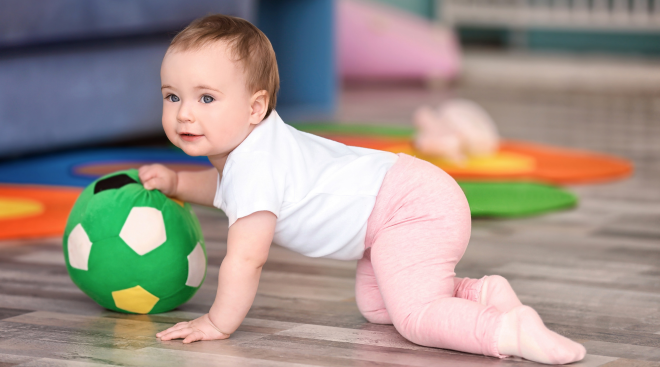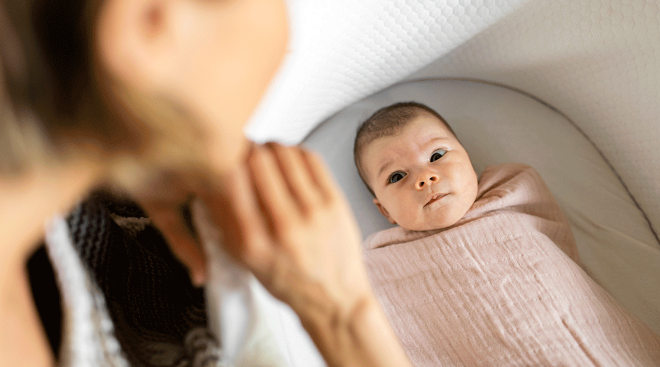Toddlers Learned More Words During Lockdown Than Expected, Study Says
The COVID-19 pandemic unexpectedly turned life upside down for everyone. While the pandemic has been ongoing for two years, experts are still trying to learn more about the virus and the consequences lockdown may have had, particularly for young children.
Researchers from 13 different countries looked at data from 2,000 babies and toddlers, aged between 8 and 36 months. They wanted to know how the social isolation from COVID-19 and increased screen time had impacted their development, particularly in language acquisition. Their research was conducted with two different studies. One was led by the University of Oslo and published in the journal Language Development Research, while the second was led by the University of Göttingen with the Max Planck Institute for Psycholinguistics in Nijmegen and the University of Applied Sciences and Arts Western Switzerland and published in the journal Scientific Reports.
The study started after March 2020 and collected data for a little over one month. Researchers asked parents of the participants to complete an online questionnaire. They answered questions about their child’s age, exposure to different languages, vocabulary and how many siblings they had. Then, towards the end of lockdown, parents were asked about what kind of activities they did with their children at home, how much screen time their child used (before and during lockdown), how much screen time the parents use and their attitude towards their kids’ screen time use. Parents also completed a standardized checklist on how many words their children understood at the beginning and end of lockdown, which helped researchers assess how many words had been learned.
The studies found that children who were read to more during the study period had learned more words, while kids who had increased exposure to screens had learned to say less words. However, while the children did have more screen time overall, researchers found they had learned more words than expected, compared to pre-pandemic levels.
The researchers also found that screen time usage increased the longer the lockdown went on, in families that had fewer years of education and in households where parents used screens for longer themselves. It also increased due to the closure of daycares and in-person play groups.
“While this suggests that the relatively short isolation did not detrimentally impact language in young children, we should be cautious in assuming this would apply during normal times or to longer lockdowns, given the extraordinary circumstances that children and their parents faced during this time,” Natalia Kartushina, an associate professor University of Oslo, said in a press release.
"Many caregivers were in the novel situation of caring for and entertaining their young infants at home all day without recourse to other activities and in addition to their other responsibilities,” Nivedita Mani, a professor at the University of Göttingen, also said. “Allowing your child increased screen time is an understandable solution to this unprecedented situation, in which caregivers were juggling multiple responsibilities—meetings at work or chores that require concentration, together with a small child who needs entertaining. We’ve all done it during lockdown.”
It makes sense that screen time use increased during lockdown and the pandemic in general, but the researchers are reassured to know that young children were still able to learn more words than in the pre-pandemic days. With more time at home, parents were able to spend more time with their kids, and the researchers believe their language development findings could be due to the increased activities parents and kids did together.
The study does have some limitations, given its short study period. It also focuses solely on language development and doesn’t account for how pandemic-related lockdowns may have affected social and emotional development.
Navigate forward to interact with the calendar and select a date. Press the question mark key to get the keyboard shortcuts for changing dates.

































